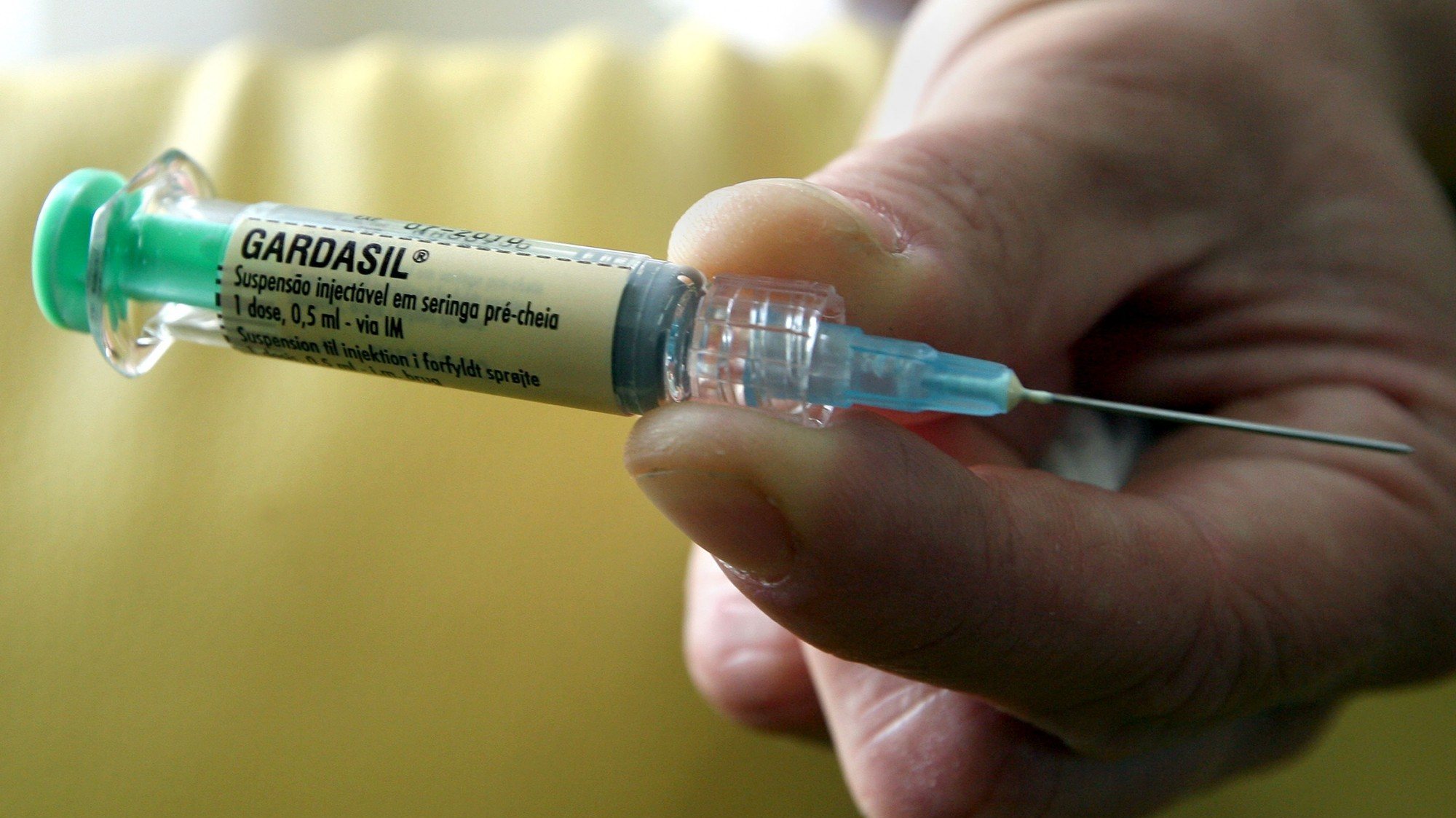A study by the Faculty of Medicine of the University of Porto (FMUP) concluded that the extension of vaccination against the Human Papilloma Virus (HPV) in male adolescents and young adults should be extended up to 26 years of age.
What is at stake is the extension of vaccination to male adolescents and young adults who have not started their sexual life. Experts believe that with this expansion it would be possible reduce the risk of infection because of the virus and development of associated diseaseslike cancer.
“In the male population, the HPV vaccine is effective in preventing diseases associated with this virus. The effectiveness of the vaccine is greater in people who have not yet had an HPV infection, that is, before the onset of sexual activity. However, its efficacy continues to be significant in men, even with previous HPV infection or disease, up to 26 years of age”, explains researcher Carmen Lisboa, quoted in a summary of the study shared with Lusa. The data from this study have already been published in the scientific journal Vaccines.
The team reviewed international data involving 14,239 participants male, of which 1,076 were children between the ages of 9 and 15, from different countries of the world and with different sexual orientations.
The results showed a higher vaccine efficacy in men without HPV infectionwhich corresponds to younger children, especially children and adolescents.
It was also evident Vaccine efficacy in men up to 26 years of age age, with or without a history of HPV infection. Carmem Lisboa adds that “the studies carried out and analyzed in this systematic review did not show differences in the efficacy of the vaccine in the prevention of infections and diseases associated with HPV in groups of men with different sexual orientation or in men with HIV infection, until that time age”.
Initially, the HPV vaccine was recommended for girls before the onset of sexual activity, between the ages of 10 and 12 years. Subsequently, research demonstrated the efficacy of the vaccine also in children and since October 1, 2020, the National Vaccination Program (PNV) extended HPV vaccination to children, administering it at 10 years of age.
The maximum age to start this vaccination in children is 17 years. HPV infection is the most common sexually transmitted infection among young people (15-25 years).
Until 80% of men and women will become infected by HPV at a certain point in your life. In addition to the anogenital tract, the virus can invade the oral cavity, oropharynx, and larynx, causing malignancies such as anal and genital cancer, as well as head and neck cancer.
the vaccine is preventive, not serving to treat the infection in people who are already infected. Data from the FMUP indicate that “the effectiveness of the vaccine in men up to 26 years of age without previous infection varies between 89% for genital warts and between 90% and 92% in the prevention of precancerous lesions and anal cancer” .
“Taking into account that we have evidence of efficacy up to 26 years of age, free vaccination in the PNV should cover these young people up to and including 26 years of age, that is, until the day before their 27th birthday,” defends Carmem Lisboa.
Acknowledging that “cost is one of the main barriers to HPV vaccination”, the researcher adds that “the fact that it was advertised as a prevention of cervical cancer, aimed at women, made it difficult for men to apply it” . “HPV vaccination should be gender neutral,” he stresses.
The study “Impact of vaccination against human papillomavirus on male diseases: a systematic review”, in Portuguese “Impact of vaccination against human papillomavirus on male diseases: a systematic review”, is also signed by Catarina Rosado, Ângela Rita Fernandes and Acácio Gonçalves Rodrigues. FMUP professors and CINTESIS@RISE researchers. This research was funded by the Horizon Europe and North 2020 program.
Source: Observadora
